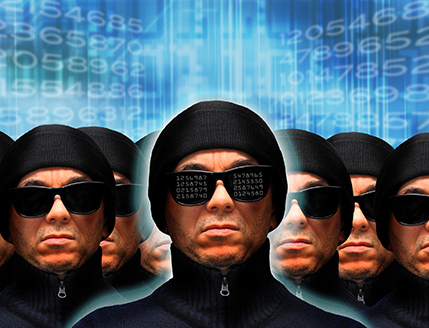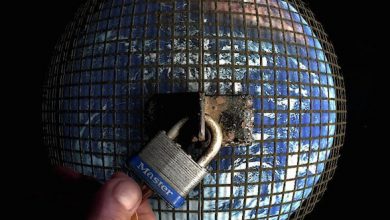
Summary – In this article, I will explain what is a VPN in very basic terms and discuss some of the most popular uses for a VPN.
One of the trendiest buzz-words circulating around the web in the past few years is VPN. This article will explain what is the meaning of VPN, and for those that are already familiar with it, some important and popular uses for a VPN that almost anyone can relate to.
What is a VPN?
I’ll try to avoid using any over-technical terminology and simplify all explanations on what is a VPN. The VPN industry itself has grown exponentially as the service they provide is becoming more and more crucial in all of our web-browsing lives.
In a nutshell – VPN stands for a virtual private network, and it does exactly that. By connecting to a VPN client you are essentially getting connected to your own private network. In other words, it is creating a secure connection called a ‘VPN Tunnel’ through which users can share data only with those who can access this tunnel.
When a VPN connection is set up, the IP address you are currently browsing from is switched with a different IP address. Most VPN services give you several geo-location options (some provide more than a hundred) to choose from. In addition, when you are connected to a VPN, your session becomes encrypted. Only you and those who have permissions to access your ‘Tunnel’ would be able to send or receive data. To anyone else, this data is encrypted and completely inaccessible.
What is a VPN used for?
While this is used mainly by business organizations, there are much more uses for a VPN that almost anyone can utilize.
Here’s a short list I’ve compiled which summarizes all the main uses for a VPN and why anyone these days should be using a VPN on their everyday web-browsing. Learn more about how to choose a VPN and the best VPN services of 2018.
Online Privacy
Probably the most known feature any VPN would provide is online privacy and improved online security mechanism.
The internet holds many threats, from viruses and trojans that can harm or damage your computer to malware that can lead to identity theft, credit card fraud and more. I bet you’re thinking – this won’t happen to me, I am careful and responsible with my online activities.
Well, Identity theft affected almost 15.5 Million people in 2016 with over $16 Billion stolen; and the trend is rising. A VPN can protect you against all of those threats as it adds an additional layer of security on your computer.
Online Anonymity
More than an additional security layer, a VPN literally hides your online activity. When connecting to a VPN, you are re-routing your IP address through a secured channel and then through an IP address of your choice.
With a click of a button, you can browse the internet as if you are in Hamburg, Germany or Melbourne, Australia when in fact you are in your room in Connecticut, Ohio USA. What this basically means, is no one can tell who you are. You become virtually invisible to the web.
But why should you care about becoming anonymous online using a VPN?
- Advertisers can’t target you. You become uninteresting to them, and will probably enjoy a bit of freedom for re-marketing ads reminding you of that watch you were checking out, but had no intention of actually buying.
- Your browsing habits cannot be monitored by 3rd parties, or rather, they have nothing to do with it as they’re thinking you’re someone you are not.
- Your browsing history cannot be sold. it becomes completely useless.
Last, but not least you can emulate your web-browsing to any country in the world by changing your IP address.
Sure, this provides you all the online anonymity benefits, I’ve discussed above – but more than that by using this feature on any VPN out there, you can unlock websites and services all across the web.
Unlock websites and online services
Several countries and online services are blocking users from accessing the internet to its fullest. Whether some countries have limited access to social networks such as Twitter or Facebook, or Streaming services like Netflix who limit access to their full VOD libraries.
By using a VPN, people can override those restrictions and gain access to everything the internet has to offer. One of the most popular uses is to use a VPN to gain access to US Netflix outside the US for example.
a VPN can also be used for unblocking YouTube, BBC iPlayer, Hulu, HBO, ESPN just to name a few popular streaming services.
Bottom Line
This article was a short and basic brief explaining what is a VPN. In addition to explaining what is a VPN, I also tried to discuss some of the main features a VPN is used for. VPN’s are mostly used for Security reasons or Privacy reasons. But the most popular use for a VPN is to unblock websites and gain access to limited content.




